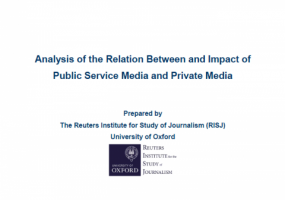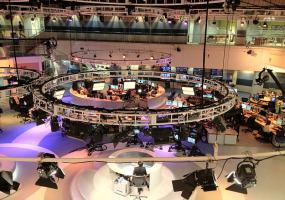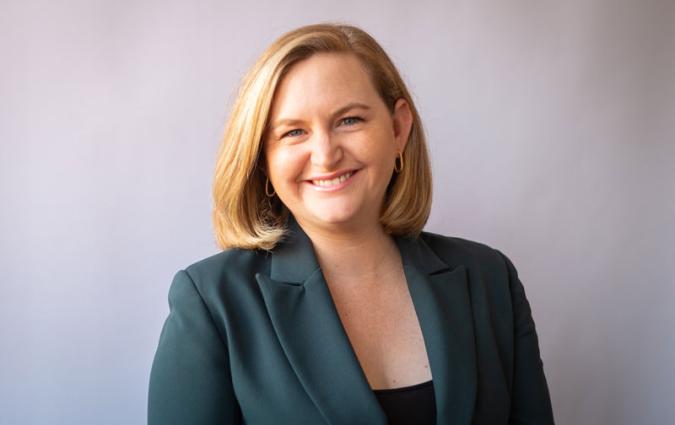Europa: Changing the way Europe is reported

Reuters Institute Fellow's Paper
Vadim Makarenko, a senior reporter at Poland’s largest quality newspaper, Gazeta Wyborcza, has written a timely and interesting assessment of Europa, a joint project by six newspapers to report Europe in a new and more in-depth way.
In his study, called ‘Europa: Changing the way Europe is reported’, Vadim first looks at the origins of the initiative in which five newspapers other than his own (Le Monde, The Guardian, Süddeutsche Zeitung, La Stampa, and El País) had to overcome a series of editorial, logistical and conceptual differences to launch the project. Based on interviews with senior journalists at the newspapers, Vadim assesses the success of the project since it began on 26 January, 2012. Three special editions or supplements have been published and a fourth has been planned.
He concludes that there is not much evidence that it is bringing in many new readers or significant sources of new revenue to the six publications. However, on the plus side, Vadim argues, Europa ‘has created its own way of reporting the European Union by presenting the daily life and problems of people within the member states, rather than by focusing on the EU of institutions.’ Moreover, Europa has shown that large newspapers can establish close relationships and collaborate in sharing reporters and reports.
This is significant ‘as a response both to the deep crisis that the newspaper industry is grappling with, and to a modern world where information and its sources have become more international than ever’. Vadim poses a key question to conclude: is there a pan-European reader for such a project? The editor of Le Monde, Sylvie Kauffmann, believes that there is. People engaged in public activities want and need a pan-European view - it's crazy that we don't have a pan-European newspaper. In a way the Financial Times, The International Herald Tribune, The Wall Street Journal or The Economist fill this vacuum, but it's not right. They're excellent publications, but they're not European newspapers.
As with all Fellows’ research papers, any opinions expressed are those of the author and not of the Institute.





